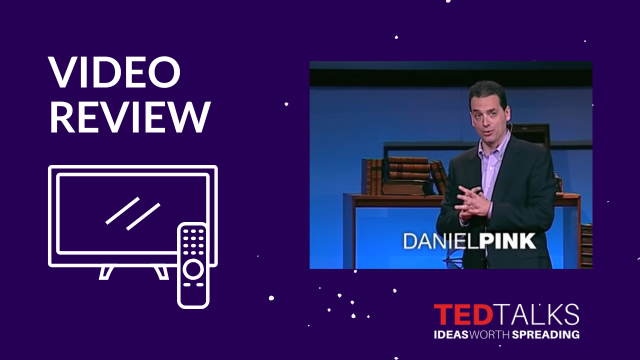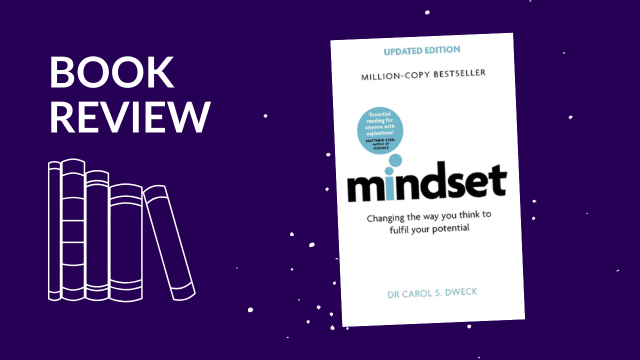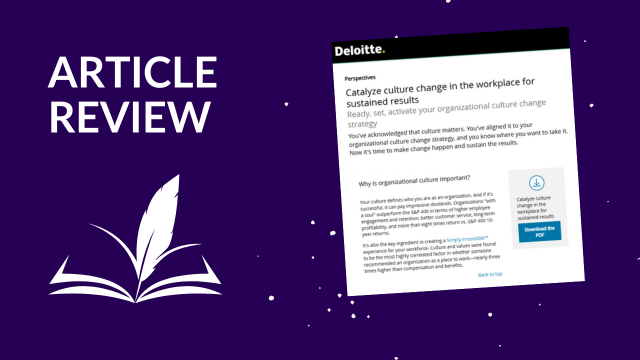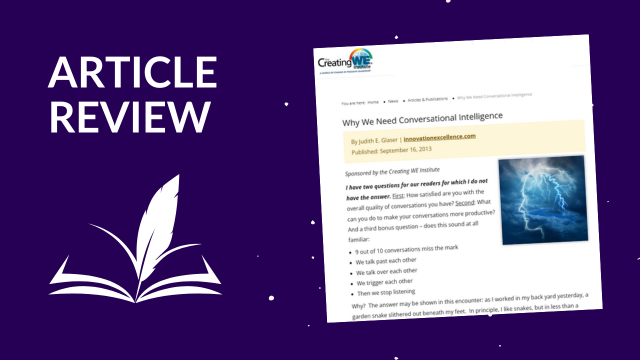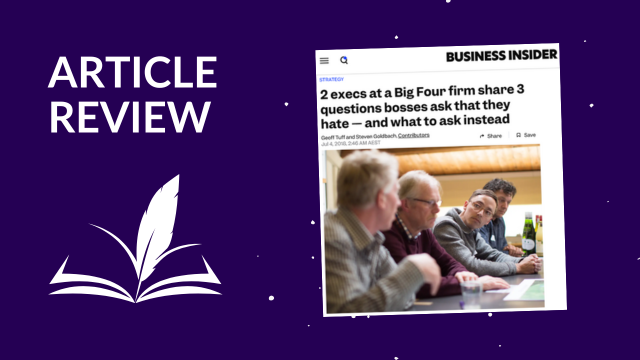As Daniel Pink says in his TED talk (July 2009), The Puzzle of Motivation, there is a mismatch between what science knows and what business does. And that mismatch puts your change initiatives at risk!
Over the last forty years, research has shown over and over that extrinsic rewards (carrot and stick, pay-for-performance) are very often neutral to negative in their effect on outcomes. “If-then rewards work well where there is a clear set of rules and a simple destination to go to.” This kind of work, however, is less and less of what is required in today’s workplace. Pink points out that much of it (accounting, software development, etc.) is now outsourced.
Most of the changes that we are engaged with—and that people throughout our organizations are going to succeed or fail at—do not meet these criteria. There are complex rules, or no rules at all; the destination is not simple to achieve. The problem is that rewards narrow our focus, preventing creative experimentation and problem solving. A different approach to motivation is called for!
Pink’s recommendation—based on research—is an approach based on intrinsic motivation. The three building blocks of such an approach are autonomy, mastery, and purpose. How do you move the rewards basis of your methodology from rewards and punishments to autonomy, mastery, and purpose?

